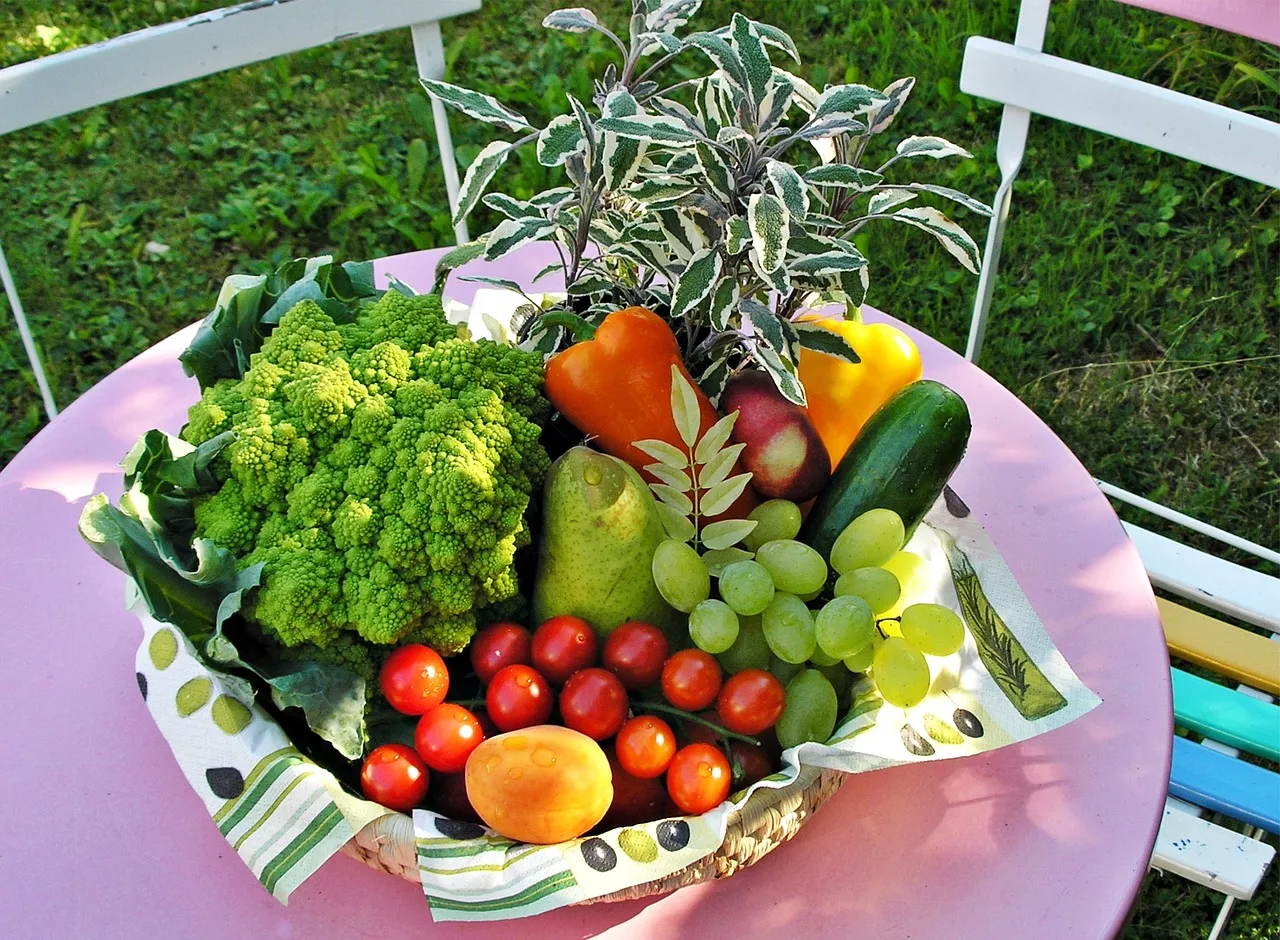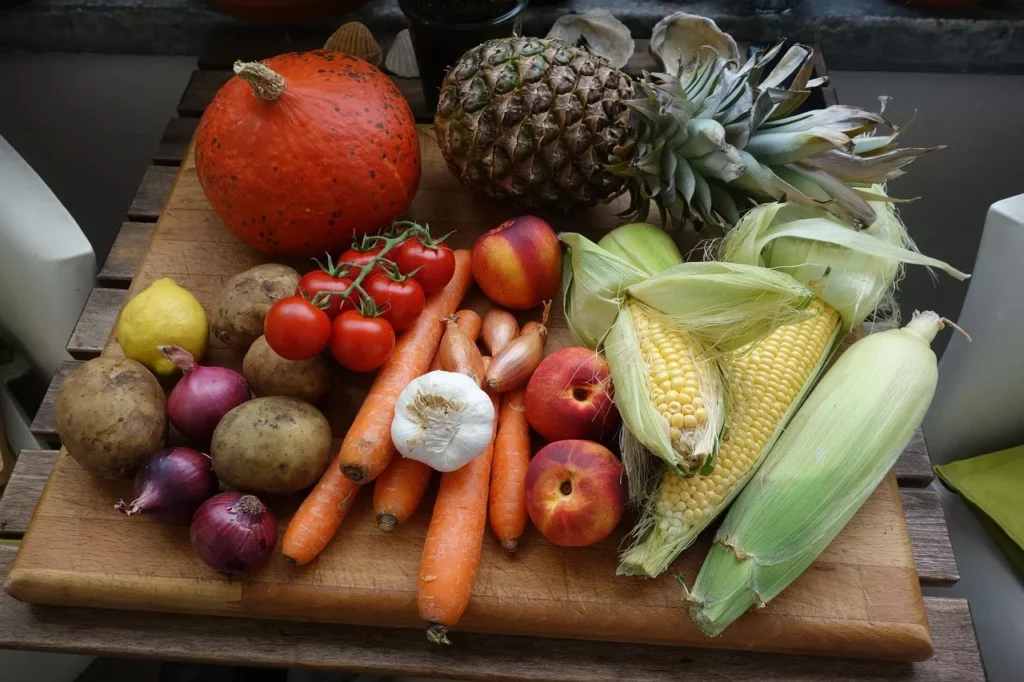
Saudi Arabia Fruit & Vegetable Processing Market 2025 Competitive Analysis of Leading Players
The report titled “Saudi Arabia Fruit & Vegetables Processing Market by Region, Competition, Forecast & Opportunities, 2020-2030F” has recently been added to ResearchAndMarkets.com’s comprehensive database of industry insights. According to the study, the Saudi Arabia fruit and vegetable processing market was valued at USD 724.56 million in 2024 and is projected to grow to USD 1.13 billion by 2030, reflecting a compound annual growth rate (CAGR) of 7.76%. This robust growth trajectory underscores the Kingdom’s expanding processed food sector, fueled by evolving consumer preferences, technological advancements, and strategic government initiatives.
The increasing demand for convenient, ready-to-eat, and nutritionally rich food products is a major driver of the market. Urbanization and rising health consciousness among consumers are encouraging the consumption of minimally processed foods that are both healthy and easy to prepare. The shift toward convenience, combined with the adoption of advanced processing technologies such as freeze-drying, vacuum sealing, and canning, has enabled manufacturers to improve product shelf life while retaining essential nutrients, flavors, and textures.
Furthermore, Saudi Arabia’s Vision 2030 initiative is providing a significant boost to the domestic food processing industry. The government’s strategic focus on modernizing agriculture, supporting local food processing enterprises, and enhancing logistics infrastructure is creating a favorable environment for both local and foreign investors. These developments are not only expanding the variety of processed fruits and vegetables available in the Kingdom but also enhancing their accessibility across urban and rural markets.
Key Market Drivers
1. Technological Innovation in Processing Methods
One of the most influential factors driving growth in Saudi Arabia’s fruit and vegetable processing market is the adoption of modern processing technologies. Automation, robotics, and artificial intelligence (AI) are transforming production lines by increasing operational efficiency, improving product consistency, and reducing dependence on manual labor. Smart manufacturing solutions enable real-time monitoring, predictive maintenance, and quality control, which collectively minimize downtime and optimize operational costs.
Advanced processing methods, including cold chain storage, freeze-drying, and vacuum packaging, have significantly enhanced the shelf life of perishable goods. Cold chain systems, in particular, allow for the preservation of nutritional value and freshness, meeting the growing consumer demand for high-quality and convenient food products. Additionally, smart packaging solutions such as QR codes and RFID tags provide greater traceability and transparency, allowing consumers to track product origins, storage conditions, and processing history.
These technological advancements are closely aligned with the objectives of Saudi Arabia’s Vision 2030, which emphasizes sustainability, innovation, and food security. By integrating cutting-edge technologies, manufacturers can deliver safer, longer-lasting, and more nutritious products, while simultaneously improving operational efficiency and reducing environmental impact.
Key Market Challenges
1. Supply Chain Vulnerabilities
Despite strong growth prospects, the Saudi fruit and vegetable processing industry faces notable challenges, particularly related to supply chain stability. A significant portion of raw materials is imported, making the sector susceptible to international trade disruptions, fluctuating global commodity prices, and shipping delays. Domestic production, while growing, is often affected by seasonal variations that influence raw material availability and consistency in production schedules.
Infrastructure limitations, particularly in cold storage and logistics networks, exacerbate the risk of spoilage and reduce product quality. The COVID-19 pandemic highlighted vulnerabilities in labor availability and transportation, further underscoring the need for resilient supply chains. Addressing these challenges will require substantial investments in robust logistics systems, expanded cold chain infrastructure, and diversification of sourcing strategies. Strengthening these areas is critical to ensure consistent production, meet growing consumer demand, and maintain competitiveness in the regional market.
Key Market Trends
1. Expansion of Cold Chain Infrastructure
Investment in cold chain infrastructure is emerging as a crucial trend driving the Saudi fruit and vegetable processing market. As food security becomes an increasing priority and post-harvest losses remain a concern, the Kingdom is actively developing temperature-controlled storage and transportation systems to preserve product quality.

Advanced cold storage facilities allow for extended shelf life, improved freshness, and reduced waste, supporting the growing consumer preference for ready-to-eat and high-quality food products. Major logistics hubs in Riyadh, Jeddah, and Dammam have witnessed significant enhancements in cold chain capabilities, enabling faster, more reliable distribution of perishable goods.
Integration of automation, real-time monitoring, and IoT-enabled tracking within cold chain systems is further optimizing supply chains by reducing operational costs, minimizing losses, and improving overall efficiency. As retail formats evolve, including supermarkets, hypermarkets, and e-commerce platforms, these investments are expected to play a pivotal role in ensuring timely delivery of processed fruits and vegetables while maintaining product quality.
2. Rising Health Consciousness and Consumer Preferences
Saudi Arabia’s growing health-conscious population is driving demand for nutritious, minimally processed, and fortified foods. Consumers are increasingly seeking products that support a healthy lifestyle, such as ready-to-eat fruits and vegetables, low-sodium canned options, and preservative-free alternatives. This trend is prompting manufacturers to innovate in processing methods, packaging, and product formulation to cater to diverse dietary needs.
Additionally, the younger population’s inclination toward convenience foods and international flavors has stimulated the market for processed and semi-processed fruits and vegetables. Manufacturers are responding by offering a variety of product formats, including frozen fruit mixes, pre-cut vegetables, and vacuum-packed ready-to-cook items, meeting both domestic and expatriate consumer demands.
3. Strategic Government Initiatives and Investment Opportunities
Saudi Arabia’s Vision 2030 has set the stage for significant growth in the country’s agricultural and food processing sectors. Policies promoting domestic production, foreign investment, and technology adoption are creating a conducive environment for market expansion. Incentives for modern agricultural practices, infrastructure development, and research in food processing technologies are enabling manufacturers to scale operations efficiently.
Moreover, collaborations between public and private sectors are facilitating knowledge transfer, capacity building, and adoption of international best practices. These efforts are helping the Kingdom reduce dependence on imports, improve food security, and foster innovation in the fruit and vegetable processing segment.
4. Competitive Landscape and Market Expansion
The Saudi fruit and vegetable processing market is witnessing intensified competition among domestic manufacturers and global players. Companies are investing in state-of-the-art processing facilities, product diversification, and branding initiatives to capture a larger market share. Strategic partnerships, mergers, and acquisitions are also helping players expand their distribution networks, introduce innovative products, and enhance supply chain resilience.
The influx of international expertise, combined with local market knowledge, is driving product innovation, quality improvement, and operational efficiency. As a result, consumers benefit from a broader selection of processed fruits and vegetables that meet high standards for safety, nutrition, and convenience.




